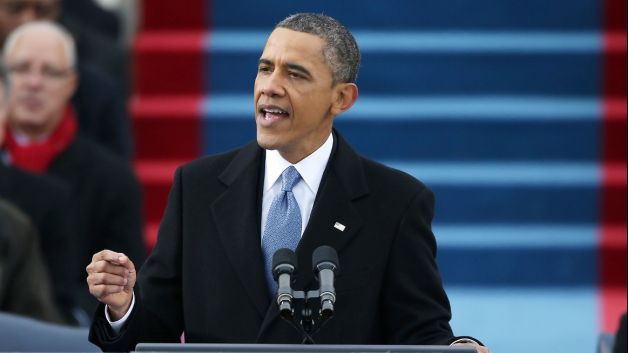jeudi 27 juin 2013
Read for you: Case Snowden: Ecuador raises his voice against the United States
Quito-Afp
Ecuador raised the tone Thursday against the United States by renouncing an "instrument of blackmail" qualified customs agreement, a dramatic gesture when Quito examines the claim of the former consultant Edward Snowden, Washington wanted for espionage.
In a statement resembling martial, the government of Quito waived "unilateral and irrevocable" this agreement which granted preferential prices in return for its efforts to fight against drug trafficking, ensuring not accept "no pressure or threats person. "
"Ecuador does not bargain with the principles, it does not submit to mercantile interests, important as they are," as read by the Minister of Communication Fernando Alvarado this message.
This development comes as the Latin American countries led by socialist President Rafael Correa, investigating the claim of the former consultant to the National Security Agency (NSA), the source of the revelation an extensive program of American telephone and electronic surveillance. Mr. Snowden is currently in the international transit area of the Moscow-Sheremetyevo airport.
According to the statement of Quito authorities, the customs agreements signed by the United States with several Andean and applied in Ecuador since 1991 countries are actually "quickly became an instrument of blackmail."
The Ecuadorian president said on its website that "explicit and implicit pressures" had been exercised by the United States about the "examination of Edward Snowden application for asylum" as well as " granted asylum to Julian Assange ", the founder of WikiLeaks, a refugee from one year to the Embassy of Ecuador in London.
For its part, Washington has warned that any asylum in Quito "would create serious difficulties" in bilateral relations. "If they took this measure, there would be a very negative impact," warned the deputy spokesman for the State Department, Patrick Ventrell.
In power since 2007, Mr. Correa, a leader with the strained U.S. relations, said Sunday he was looking for with a "great sense of responsibility" and the "absolute respect for the sovereignty" of demand asylum, as in the case of Assange, another pet peeve of Washington after disclosing on its website hundreds of thousands of confidential U.S. cables.
Ecuadorian Minister for Relations with Parliament, Betty Tola, assured that the government had "not authorized the issuance of any safe conduct or document refugee" Mr. Snowden, adding that his asylum n 'had "not yet been processed because the applicant is not in Ecuador."
This development comes as the U.S. channel Univision announced earlier that the Ecuadorian consul in London had granted a safe-conduct to the young American of 30 years, whose passport was revoked by the United States.
"Any such document has no validity and is the sole responsibility of the person who issued it," said Mrs. Tola.
The minister also suggested that the sanctions are threatened Mr. Snowden "may violate the American Convention on Human Rights, the United States has unfortunately not signed."
Termination of the customs agreement with the United States ahead of the decision to be taken in this Congress. For several weeks, President Correa, who was reelected in February for a new term of four years, had raised the risk that parliamentarians do not renew the agreement.
In his statement Thursday, the Ecuadorian Government reiterates that the White House waved "threats" and demonstrated "insolence" in this issue of preferential tariffs, which represents an annual savings of approximately $ 23 million for this country Andean more than 15 million inhabitants.
Regarding the fight against drugs, the foundation of this trade agreement, Quito also criticized U.S. policy on the matter, citing "violations against the rights and sovereignty of peoples."
Within the opposition and business, very hostile to the Head of State, the "anti-imperialist" position Correa raises several days swirls, with the fear of reprisals from the United States largest trading partner in Ecuador which destines him 40% of its exports.
The abandonment of the customs agreement is "wrong and hasty decision because there was no formal announcement by the government of the United States threatening to withdraw," lamented Roberto Aspiazu, head of the Ecuadorian Management Committee, told the AFP.
Inscription à :
Publier les commentaires (Atom)

Aucun commentaire:
Enregistrer un commentaire